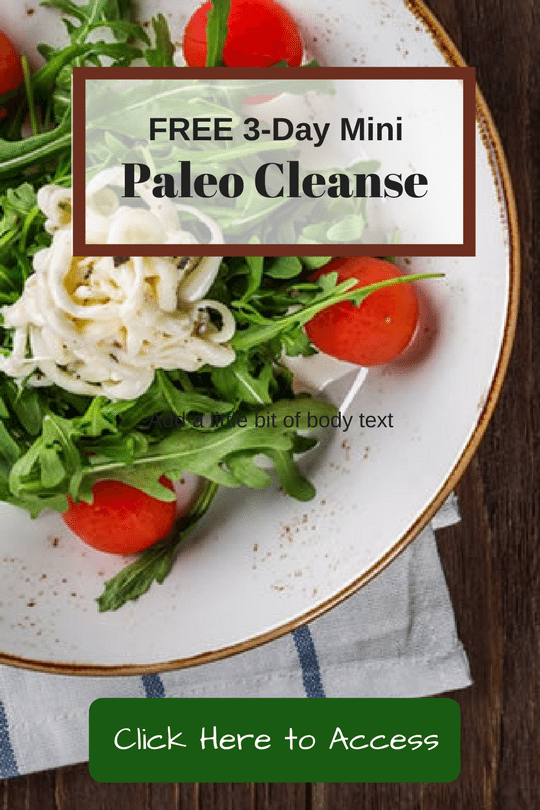Do you find it hard to say No? You’re not alone as it’s very common!
If it’s difficult for you to say NO to others… It’s a strong indicator that your boundaries are weak and you are giving your power away.
Does it give you stomach jitters, sweaty palms, anxiety and stress? Just thinking about saying ‘No’?
Do you feel paralyzed? Literally like a deer caught in headlights when you’re given a request? Uhhh….
You want to say ‘No’, but you’re afraid to?
Are you afraid, maybe, of disappointing the other person, letting them down? Maybe seeing their disappointment hurts you inside? And make you uncomfortable?
What is that all about?
Maybe you’re you worried about them angry with you for saying No, saying Yes to yourself? I’ve had people literally hang up on me when they didn’t get the response they wanted! People very close to me even!
Here are some serious consequences for individuals who struggle to say no:
Overcommitment: Constantly saying yes to requests and obligations can lead to overcommitment and a lack of time and energy for personal priorities, resulting in increased stress, exhaustion, and burnout.
Resentment: Continuously agreeing to things they don’t want to do can build up feelings of resentment towards others or towards themselves for not asserting their boundaries, potentially damaging relationships and self-esteem.
Decreased self-care: Neglecting one’s own needs and well-being in favor of meeting others’ demands can result in neglect of self-care practices such as proper rest, nutrition, exercise, and relaxation, leading to physical and mental health issues.
Loss of authenticity: Consistently going along with others’ wishes instead of expressing their true thoughts, feelings, and preferences can erode a sense of authenticity and self-identity, causing individuals to feel disconnected from themselves and others.
Boundary violations: Failing to assert boundaries can result in others taking advantage of their generosity or crossing personal boundaries, leading to feelings of powerlessness, frustration, and resentment.
Missed opportunities for personal growth: By always choosing the path of least resistance and avoiding challenges or discomfort, individuals may miss out on opportunities for personal growth, learning, and development.
Ineffective communication: Difficulty saying no can lead to poor communication and misunderstandings in relationships, as others may not understand their true feelings or needs, resulting in unmet expectations and frustration.
Lack of time for self-reflection: Constantly being busy fulfilling others’ requests leaves little time for self-reflection, introspection, and personal growth, hindering emotional and psychological development.
Limited autonomy: Inability to assert boundaries and say no can result in a lack of autonomy and control over one’s own life, as decisions and actions are dictated by others’ expectations and desires.
Increased stress and anxiety: The chronic stress of constantly accommodating others and suppressing one’s own needs and desires can lead to heightened levels of anxiety, depression, and overall dissatisfaction with life.
If you struggle with always being that “nice girl”, I put together a free training, “The Nice Girl’s Guide to Saying No”. Drop me a comment below and I’ll post a direct link.
I’m Donna, a Wellness Coach… I broke free from living a life of accommodating everyone else’s needs… to living a life on my own terms, every single day. It then became my mission to help as many women as possible to find self love, live life on their own terms and still be loving and giving to others.
#HardToSayNo











